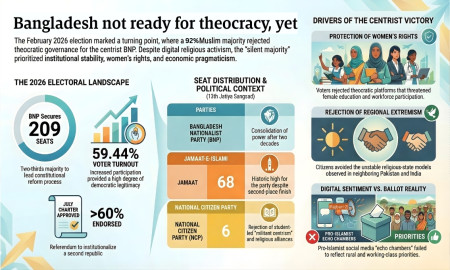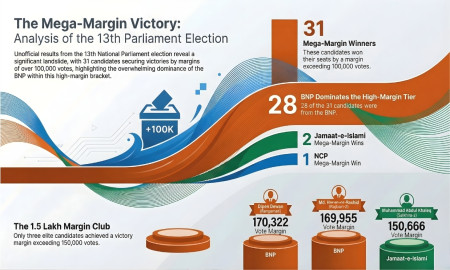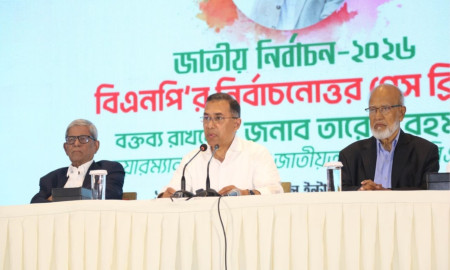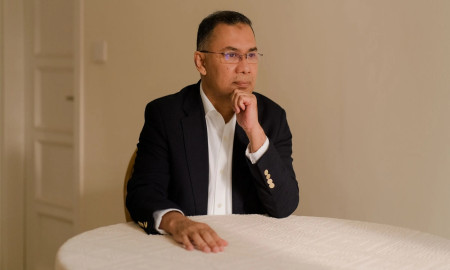From CEO to Sacrificial Lamb: The Glitzy Job, The Political Game
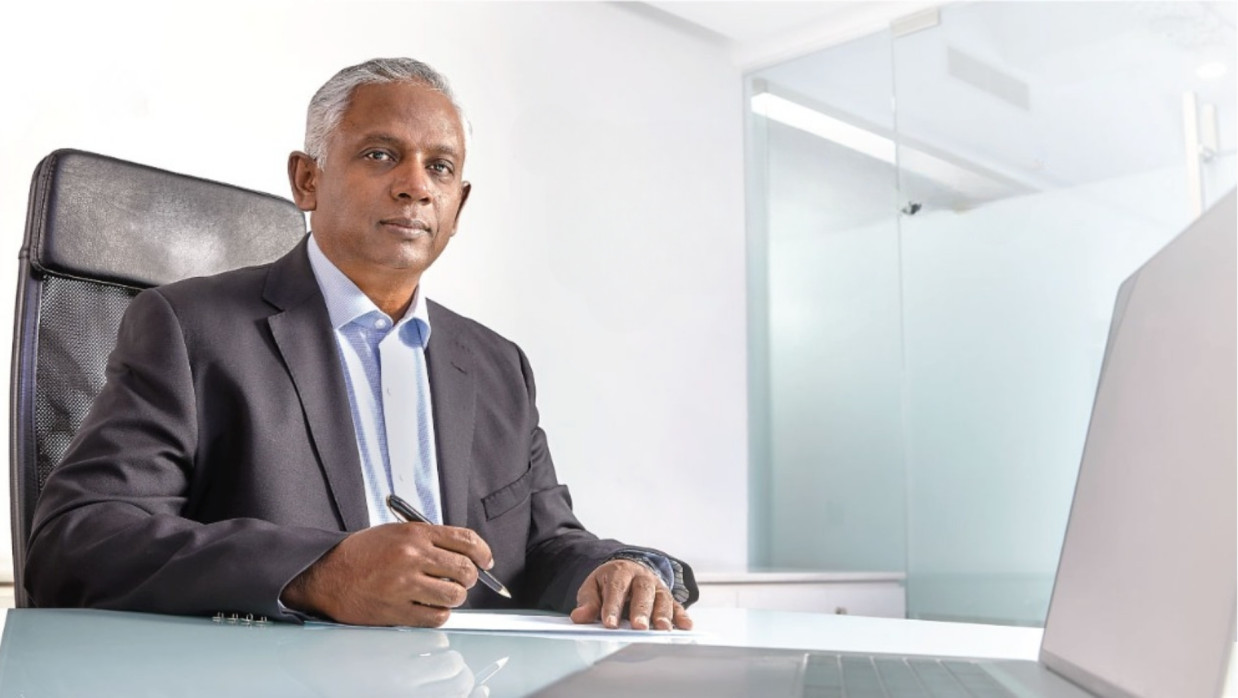
Being a CEO in Bangladesh is akin to being the prized goat at a wedding feast—lavished with fine food, praise, and attention, only to end up on the menu by nightfall. One wrong question or a bruise to someone’s ego, and the corner office feels like a trap. The board that once called you “family” suddenly avoids eye contact. The job title sparkles, but the real game is politics, where survival hinges not on performance but on political savvy.
Curiously, whenever corporate misconduct surfaces, my phone inevitably rings—perhaps it’s fate, or I’ve become Bangladesh’s unofficial, selfless coach, therapist, and hotline for embattled CEOs. Last week, two former colleagues—brilliant, honest, and principled—shared their heartbreaking stories.
Ishak (pseudonym), once my colleague and later CEO of multiple local firms, uncovered financial irregularities by the owner’s relatives. The result? A swift, unexplained directive to resign, accompanied by a certificate stating “no complaints against him.” What followed was a downward spiral: no new job, selling his only home to fund his son’s education, social isolation, a 20kg weight gain, and breaking down in tears like a child years later. I didn’t remind him, “This is Bangladesh.”
The second story is dramatic but no less painful. A CEO entangled in a professional rivalry faced accusations of “shouting at employees” and “creating stress.” A biased inquiry committee, stacked with the accuser’s allies, was formed instantly. No fraud, no corruption, no scandal—just a power play. Performance doesn’t matter; politics dictates worth.
Globally, CEOs are ousted for sexual harassment, fraud, bribery, insider trading, or conflicts of interest. In South Asia, it’s murkier: ego clashes, factionalism, or fabricated charges. Today’s CEO must be a politician to survive, not just a leader.
Some companies, local or foreign, trumpet “zero tolerance” while bribing politicians, manipulating regulators, and twisting HR policies for convenience. This isn’t hypocrisy—it’s advanced corporate strategy. Integrity is preached only when the check lacks extra zeros.
Those who abuse power forget that misdeeds can’t stay hidden; time demands a price. Even bank CEOs aren’t spared—some exit quietly, others face violence, and most avoid headlines. Senior leader unity? A fairy tale. Fear silences all. “Unity is strength” and “a friend in need” are now confined to school debates, not boardrooms. The media? When ad revenue speaks louder than truth, what hope remains? Silence becomes the safest path, and standing firm means standing alone.
Bangladesh lacks specific laws for CEOs or CXOs. The 2006 Labour Act applies to workers but only benefits CEOs for profit-sharing claims. There’s no legal protection, union, or forum against wrongful termination, harassment, or retaliation.
India offers lessons: SEBI’s LODR rules mandate disclosing reasons for CEO resignations. Organizations like NASSCOM and CII amplify CEOs’ voices. For future leaders, the message is clear: without executive contract laws, independent probes, whistleblower protections, and secure platforms, governance will remain a stage act, and justice will linger in ad breaks.
Until CEOs gain legal and ethical safeguards, leadership will be a glitzy title—hollow and perilous inside.
Author: Former Chief Executive Officer (CEO) and Managing Director (MD), Robi, Bangladesh.
Note: This article is sourced from the author’s Facebook timeline.





